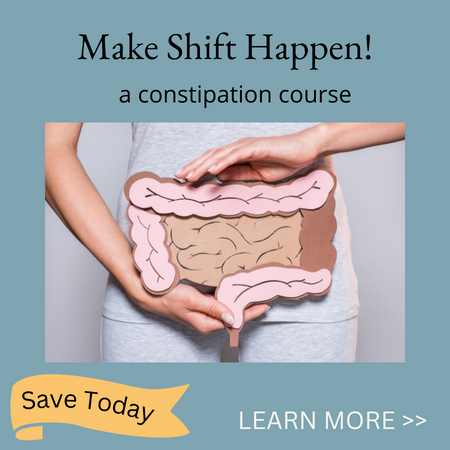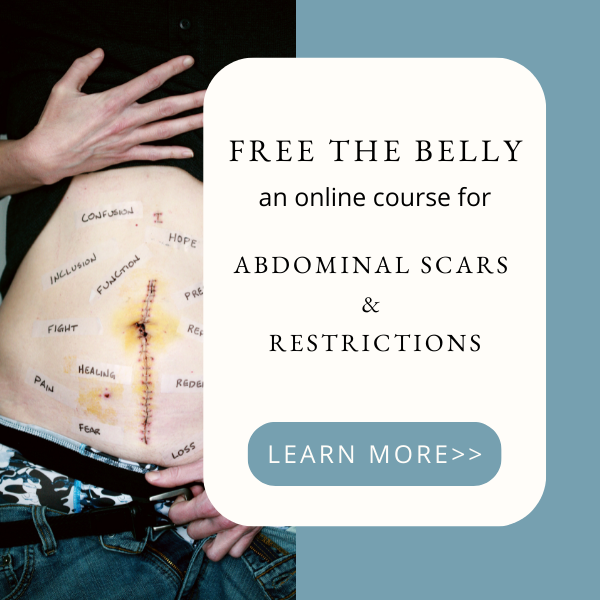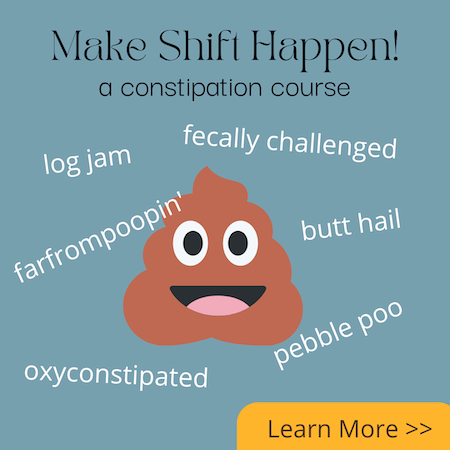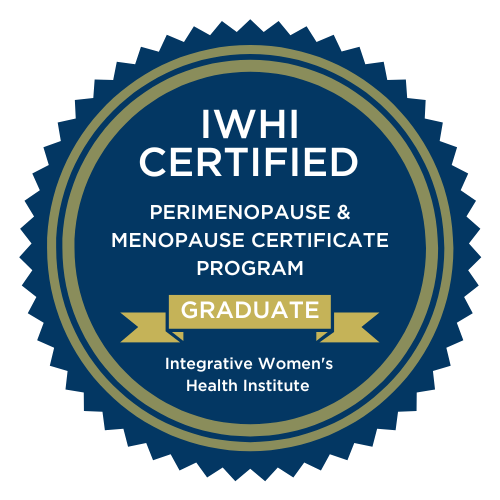Do you wonder why you get gassy and bloated after meals? Do your friends refer to you as the easter egg nobody found? Well, it’s important to know that each stage of digestion works as well as the previous stage. The chemical process starts before we even put food in our mouths! As I wrote about in the Digestive Health Part 1 article, this phase of digestion is called the Cephalic phase (meaning related to the head). The sight, smell, and memory of food trigger the cephalic phase. The sight, smell, and thought of food signals the brain to send messages to the gastrointestinal tract via the vagus nerve. This reflex stimulates peristalsis and gastric juices. If you absently shove food in your mouth while multitasking you miss a critical phase that gets your digestive juices flowing.
Another simple but essential practice that’s overlooked is chewing! Remember each phase of digestion only works as well as the phase that came before. Not sure if you knew this, but there are no teeth in the stomach!
[bctt tweet=”Do your friends refer to you as the easter egg nobody found? ” username=”AlignmentMonkey”]
Benefits of chewing your food well include
- breaking down the food so the stomach doesn’t have to work as hard
- moistening the food with saliva so it goes down easier (have you ever swallowed something dry? it’s not fun and can cause gas and bloating later on)
- expels air from food
- stimulates enzymes that break down food
- increases the surface area of the food so the enzymes can reach all the food particles
- signals the rest of the digestive system that food is incoming
- builds bone density in the jaw bones (maxilla and mandible), especially when you chew fibrous foods.
- helps you lose weight. Chewing slows you down at a meal resulting in you becoming satisfied sooner on less food. Your brain takes around 20 minutes to register that you’re full. So if you are chewing more, you will be able to detect satiety earlier.
- chewing enables more nutrients to be absorbed
- chewing makes you a better listener at the dinner table. Just nod and raise your eyebrows in interest once in a while, but keep chewing.
If you get bloated, gassy, and tired after meals, or if you see undigested food in your poop, join me in the Chew Challenge. It may save you a lot of money on supplements and doctor visits. Even if it doesn’t cure all your digestive woes (but a lot of the times it does the trick!), chewing more will set the foundation for proper digestion and absorption of your nutrients and will take some strain off your sweet internal organs. Imagine the energy that is needed to process food that hasn’t been properly broken down, too much energy is spent on digesting food leaving you tired and lethargic.

Chew Challenge!
I’m guilty of not chewing my food enough, so I’m creating a Chew Challenge to get my chops in gear. Feel free to join me. I won’t hold your hand through the challenge, but here are a few chew tips.
Chew Tips:
- The hard part is to remember to chew, so put a candle on the table and light it at the start of the meal to remind you to slow your ass down and chew more.
- There isn’t a special number of times to chew your food, some food requires more chewing than others. The point is to chew more than you usually would. Even if it’s yogurt or smoothies. I know crazy right? I once broke up with a man because he chewed his ice cream. Soooo, you may want to eat your ice cream in private unless you want to piss people off.
- Try to eat in a relaxed environment.
- Ok, that’s all I got, pretty simple, huh? So try this chew challenge for 21 days to create a healthy chew habit. Or you could buy yourself some charcoal underpants and oversized shirts if that’s easier for you.







Thank you for the chew challenge. I noticed lately when I’m stressed out, which is most of the time, I hardly chew my food at all. Then later I have a lot of pain in my gut. I hope this helps!
Hi Leah, Let me know how it goes.
Great info, and a great idea! Thanks for the link! The thought of a silent meal is intriguing…we typically have alot of chatter going on.